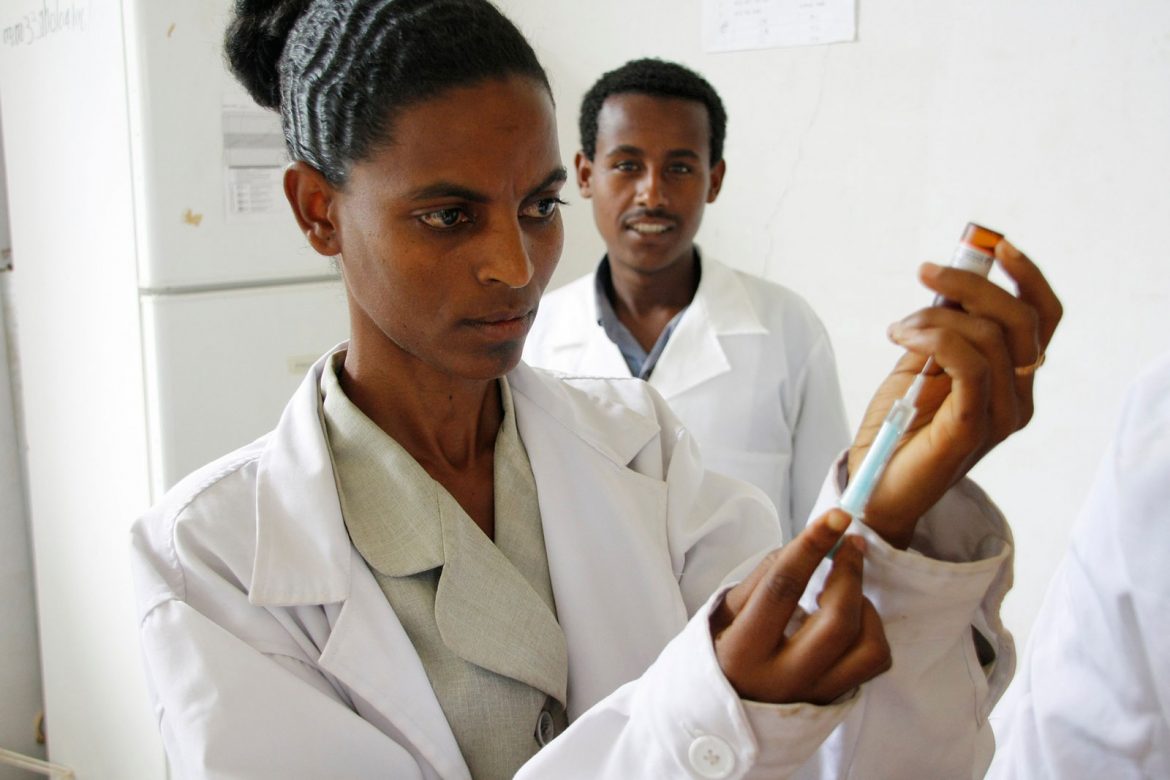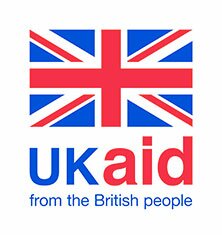Our research in Ethiopia will generate evidence on health system resilience to shocks, supporting the ongoing design and implementation of government, FCDO, and other stakeholder programmes. Explore all our latest research into COVID-19 and vulnerable urban populations in Ethiopia here or download the to read an overview of our work.
Droughts, floods, disease outbreaks, and internal displacement present significant, recurring public health shocks that affect millions of people in Ethiopia every year. As the country’s rural population relies on rain-fed agriculture, droughts and floods can have a particularly significant impact, and contribute to severe food crises.
In response, the Ethiopian government has placed disaster management as a key national priority. The , Ethiopian Public Health Institute and other stakeholders are working to overcome public health emergencies through strengthening the preparedness and response capacity of key public and social services.

Credit: Pete Lewis/DFID
COVID-19 and vulnerable urban populations in Ethiopia
This six-part research series is providing a deep insight into the extent to which COVID-19 and associated government responses and measures affect vulnerable and poor urban populations in Ethiopia. The study is funded through the Building Resilience in Ethiopia (BRE) Programme and implemented in partnership with the Maintains Programme.
COVID-19 has had significant initial effects in urban areas, where population densities are extremely high, public services – including health and water, sanitation, and hygiene (WASH) – are often poor, livelihoods are precarious, and a range of other factors often have a negative impact on people’s lives (e.g. high levels of crime, gender-based violence, uncertainty for migrants/undocumented people).
Report One – Read the full report or four-page brief of the key findings.
Report Two – Read the full report or four-page brief of the key findings.
Report Three – Read the full report or four-page brief of the key findings.
Report Four- Read the full report .
Research focus for Ethiopia
Maintains is partnering with the Ethiopian Public Health Institute and and is working closely with FCDO and other development partners. The research will build on and enhance existing evidence and address knowledge gaps.



